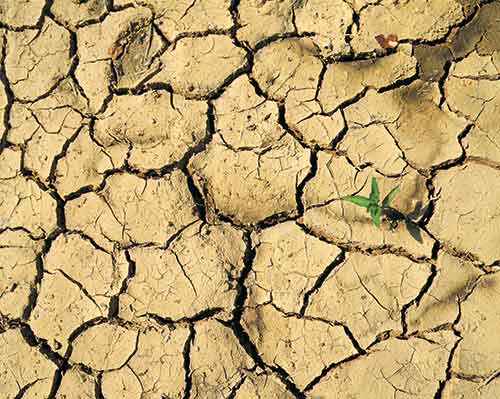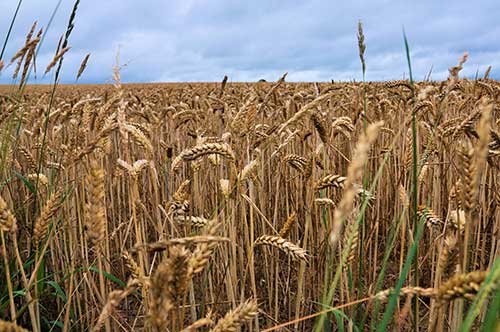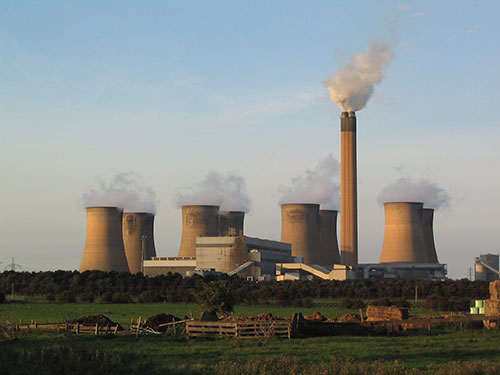Our Research
There are three main science areas that will form the initial basis for collaboration:
Past environmental and climate change

The Centre will use geochemistry to understand and measure climate and environmental change over decadal to millennial timescales both in the recent and geological past. This enables the understanding of local and regional impacts of climate variability, changing land and river management practices on hydrological processes, impacts of pollution, effects on sea level etc. The Centre will invest significantly to extend geochemical tracer work into several global projects including investigating current and past freshwater contributions into the polar oceans and effects on ocean circulation; climate influences over significant land masses (e.g. tropical Americas, Northern Europe) over time and effects on plant and animal migration and endemism, desertification/water resources etc; climate-driven human evolution, innovation, and dispersal through Africa and understanding the role of mangrove and wetland habitats as sources/sinks of carbon under different climate regimes as well as developing geochemical techniques. Several of these projects will fall within the remit of NERC, the International Continental scientific Drilling Program (ICDP) and the International Ocean Discovery Program (IODP).
Biogeochemical cycling

Biogeochemical cycling of nutrients and pollutants is a key research area especially in relation to food security and understanding land-use change, in particular urban agriculture and protecting food production from exposure to potentially harmful contaminants; efficient application of fertilisers/agricultural techniques and the understanding of mineral deficiency in sub-Saharan African and Indian sub-continental soils. Improving our understanding of the linkages between soil composition/inputs, plant uptake of minerals/pollutants and subsequent impact on dietary and health status requires investigation and can be done using joint BGS-University of Nottingham expertise. This type of research influences regional government policy especially with regard to remedial strategies the most significant of which concerns mineral biofortification which has huge impacts on improving people's lives in developing countries.
Geochemistry and the subsurface

An ambition of the new centre will be to build on the geochemistry, geomechanical, geological, soil and biogeochemical expertise in BGS and University of Nottingham to research practical problems relating to use of the shallow and deep subsurface in developing resources. This project will build on a BGS-led infrastructure project 'Energy test bed: multicomponent sub-surface monitoring to underpin the UK energy industry', a research infrastructure to allow the subsurface to be monitored at time scales that are consistent with our use of the subsurface, to increase efficiency and environmental sustainability and to act as a catalyst to stimulate investment and speed new technology energy options to commercialisation. In particular research will look towards understanding the impact of deep shale gas drilling and hydraulic fracturing on the quality of shallow groundwater and surface water; studies on the impact of coal combustion products on the environment both from surface and subsurface operations; contaminants associated with mining in valley fill head waters; and water usage implications of widespread carbon capture and storage (CCS) and shale gas.
Geochemistry and archaeology
Within science based archaeology there are current collaborations around migration, trade and behaviour as well as production and trade.
